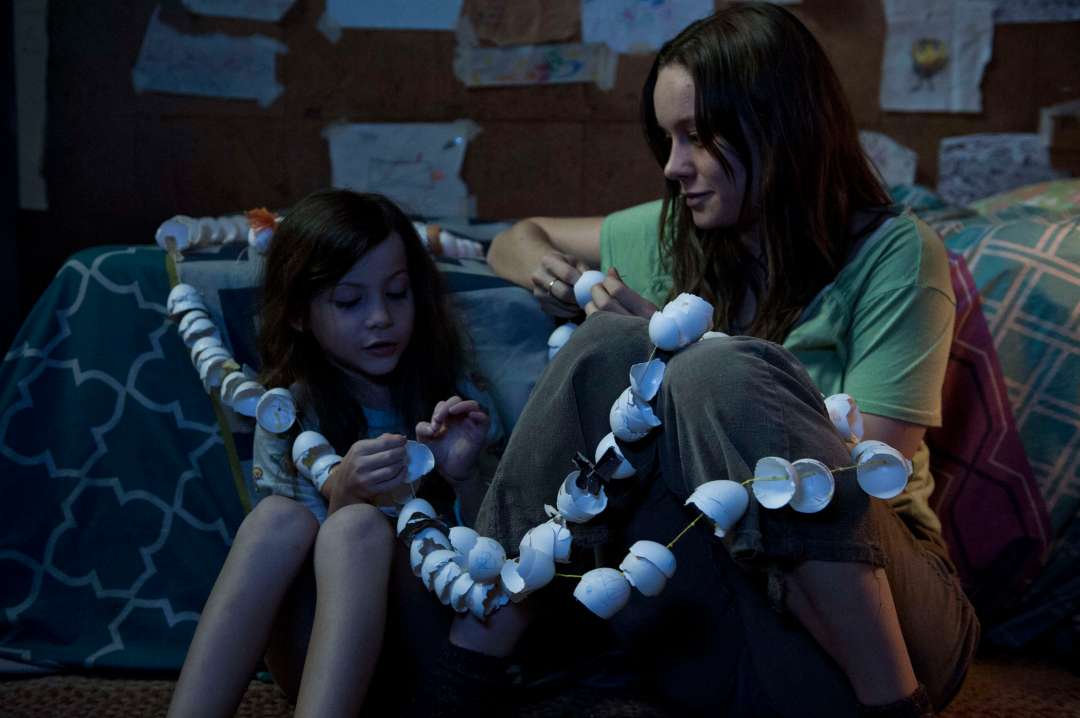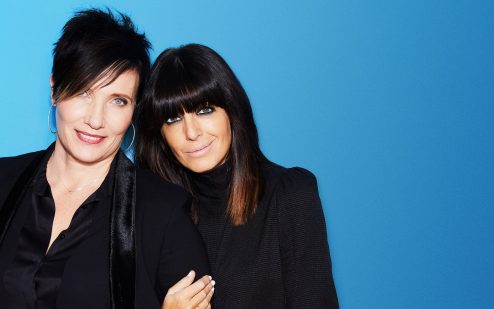Emma Donoghue, Oscar-nominated screenwriter of Room talks to Psychologies
Room is Psychologies' Film of the Month. Nominated for four Academy Awards, we talk to Emma Donoghue, author and screenwriter, who was nominated for Oscar for Best Adapted Screenplay. [Warning: Spoilers!]

Psychologies: You wrote the book as well as the script for the film- what inspired you originally to write the book?
Emma Donoghue: Motherhood. My kids were four and one, and my head was full of all these thoughts about motherhood and how it changes your life. Even if you wanted it and have chosen it, it still breaks and remakes you and changes all your priorities and sense of your duty and you are suddenly responsible in a way you’ve never been before. I was the youngest child in my family and I was a novelist, which is not very responsible job!
But I never found a container where I could put all these thoughts about motherhood until I wrote Room. ‘Woman has baby’ isn’t enough of a storyline so when I heard about the Fritzl case in Austria, I thought this would be a good way to write about motherhood – by putting in a box and then shining a spotlight on it for the incredible thing it is.
We mostly take it for granted. It’s a massive life change, especially for our generation who are so independent and individualistic where you can customise your life around your pleasures and your skinny lattes – and then you have a child and you’re at their mercy. So this story struck me as perfect way to write about parenthood.
How did you research the subject matter?
I read a lot of online message boards of women who have conceived children through rape – some love their children even more because this is the one bit of sweetness that they can get out of the situation, and others were shadowed by it. In the story, I really wanted to be honest about that range of reactions.
Even though the film portrays extreme circumstances, we were really moved by the happy family life the mother creates for her son. I heard you did lots of research on this?
I was very interested in the different factors that make families happy. In our family – we are two mothers and although genetically I’m the mother, my partner and I are both doing the work of raising the kids.
Families come in all forms. Kids are raised by grandparents and/or multiple parents. I did a lot of research on what makes families happy. A lot of it had nothing to do with the number of parents or gender – but it’s having rituals, having weekly things to do together like celebrating birthdays, listening to the kids, activities in common. We can make our lives meaningful, we are not just victims of circumstances.
Jack and Ma in Room might look like a peculiar family but I wanted them to look like a really healthy family. They do keep-fit every morning because Ma still wanted to create healthy habits in her child’s life – trying to bring normality in, despite the challenging situation.
Room is about a very specific journey but it feels metaphorical too – each of us liberating the inner child who may have become imprisoned in some way by childhood trauma?
Yes, the story works on many levels. Room is an echo of the room womb. So in a way, all our stories start in a small enclosed space but then our world gradually widens. I see Jack as an Everyman figure in a way. All of our childhoods all gradually open up in our adulthoods. Jack’s does overnight – it’s an extreme version – but it’s journey we all take.
Did you ever consider a different ending for the story?
No, I didn’t consider another ending. This was not going to end up where the woman is going to end up sacrificed so our hero can be free. We have such a tradition about telling stories like that. Girlfriends/mothers/wives where the whore with the heart of gold takes the bullets and the hero lives on. I didn’t want to write another version of that. We see Ma make sacrifices but I wasn’t going to kill her off.
How difficult was it to write the screenplay compared to writing the book?
Writing the screenplay didn’t feel gruelling. I love cinema. When I was writing the screenplay, I just kept asking – what does the camera show us now?
We honoured the book in the film, I think. Jack, the child, is in every scene and it happens chronologically. Most films are done with elaborate flashbacks. But we captured the story on film moment by moment – from his childlike point of view.
Brie Larson (who won the 2016 Best Actress Oscar for her role) and Jacob Tremblay (pictured above) act the parts of Ma and Jack brilliantly. One of the most moving parts of the film is their close relationship – how did they manage to create that?
They put the time in. Lenny Abrahamson, the director, got the room film set ready three weeks ahead of time so they could be in that space, and they went in there every day and made a lot of crafts. You get to know kids best by doing things with them.
Brie and Jacob did Lego sessions, and space and time was made for them to be playful together. By the time the camera started rolling there was a lovely bond. In one of the argument scenes, Jacob didn’t want to shout at Brie. But Lenny had the bright idea of getting everyone to shout so he wouldn’t feel uncomfortable.
What’s next for you? How do you follow this?
My next novel is historical, about an 11-year girl who claims she can survive without eating. I’m also experimenting with writing for kids. Writing Jack’s voice in Room freed me to give writing for kids a go. Which is a lot scarier than writing for adults. If they don’t like it, they will just toss it aside and won’t be polite.
Room is out now. Watch the trailer here:








